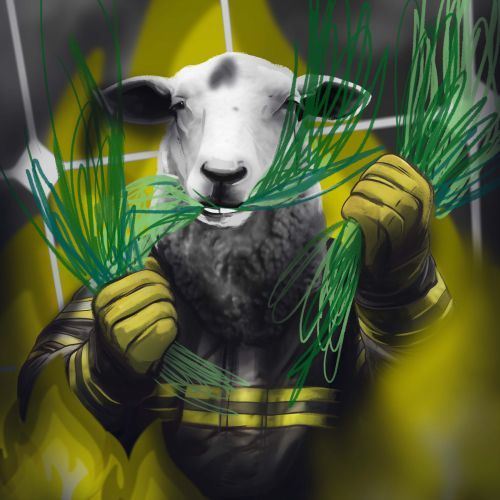Crops of the future and sheep working as firefighters
Why do plants produce chemicals that affect the nervous systems of humans and animals? It probably gives them an evolutionary advantage – plants are easy targets for herbivores, and chemical defence allows them to survive. On the other hand, humans have learned to use chemicals produced by plants in various ways. For example, the Asteraceae family produces alkaloids, flavonoids, and terpenoids, and humans have copied and synthesised these chemicals and used them as anti-inflammatory drugs, pesticides, and antimalarials. Pyrethrin produced by chrysanthemums repels ticks and lice. Even some spices may have evolved as toxins, such as mustard oil.
What crops will we grow in the future due to climate change, drought and extreme weather phenomena? In such conditions, perennial vegetables are more accessible and sustainable to grow. Experts recommend perennial veg, dwarf Jerusalem artichokes, hopniss, perennial climbing vine, vine spinach, moringa and Mediterranean saltbush.
Climate change is also related to the return after a long break to forest pastoralism – Europe and North America use flocks of sheep and goats to thin out the vegetation and reduce the risk of fires. Sheep appear on solar farms, vineyards, golf courses, cemeteries and green roofs. Companies are also established that take care of lawns thanks to these animals – they mow, weed, and fertilise them.























